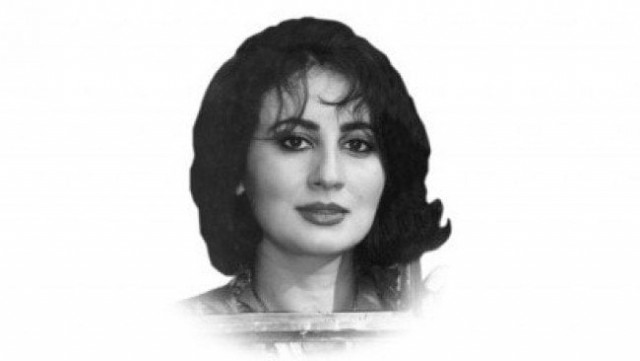American Beauty

American Beauty
Finally, I was let out of Area Three at JFK airport after spending the first three hours in your country watching hefty men and women shepherd away rather small, unarmed, confused and fearful people towards officials who sit up on an elevated bench, much like what I have seen in the Supreme Court of Pakistan where I have had the honour of representing the cause of civil society which protested the denuding of its most prominent natural landmark, the Lahore Canal. I remember speaking to the venerable Chief Justice of the Supreme Court Iftikhar Muhammad Chaudhry, a man who had the courage to resist tyranny, and I remember his respectful response to me as I tried to gather my thoughts, my heart racing and the tongue sticking to the roof of my mouth as I calmed my fraught nerves. It was a question of life and death, Mr President – the life of thousands of trees, the animals and birds who live in and around them, and the death of a natural habitat which has sheltered the people of my city where temperatures shoot up to nearly 50 degrees Celsius on hot summer days — that is over 120 degrees Fahrenheit. Sir, I thought I would inform you since you and your nation prefer to lag behind in issues of measuring distance and temperature. I know your compatriot Michael Moore tried to enlighten your nation about counting in Fahrenheit, but it seems his message still has to get through.
Sir, our cause was centred not just on saving the trees, but on pointing out to the government that traffic is not managed by the widening of roads — rather, it is a much longer road we need to take to discipline the users of vehicles on those roads. And it is an even more arduous task to provide adequate, affordable, and efficient public transport to people who stand for long hours at bus stops, hoping to get to a place of work, to a medical facility, to a child’s school, to see an ailing friend. In many cases, the people of my city stand under a merciless sun, waiting for justice, waiting for someone to hear their voices. And it is these ancient trees which shelter them for in most cases there is not much between the desires and desperation of a nation except a sheltering sky.
And that is how I felt when I, too, was escorted to the officer who sat behind a computer screen, scrutinising my passport, peeling off the layers of my life, seeking something which eluded both him and me. He was a pleasant gentleman, speaking in the soft lilt of the West Indies — he smiled up at me and asked how long ago I had been at college in the United States. I smiled back, aware of his tongue-in-cheek nuance (which only those who have had their lives peeled back can express with so much graciousness), and counted the years: thirty years, Sir, I said. Still smiling, still wondering what the fuss was all about. He, too, continued to wear this look of benign amusement, and then he looked across at his colleague, another person of colour, another person with layers of history peeled back, and then he chuckled, said something about a $14 phone bill which I had neglected to pay when I was still a student in your country, when I still believed in fighting battles measure for measure. He stamped something, handed me back my passport, and asked me what I do, more precisely, what I was doing in the United States. I had to think about this carefully, for any answer could have been the wrong one. And then from somewhere inside the courage came, as it always has, and I said: I am a writer, and I have come to talk about my book. He looked up from his desk at this point, genuinely interested, it seemed to me. Had he been a professor in his previous life? A writer? He asked me about the book I had come to launch – I told him it was about war, about Americans fighting a war they can never win. He looked at me long and hard, Sir, and then he looked down, and quietly, he exhaled, saying, softly yet clearly: “No one ever wins a war, lady. No one.”
Published in The Express Tribune, July 12th, 2010.














COMMENTS
Comments are moderated and generally will be posted if they are on-topic and not abusive.
For more information, please see our Comments FAQ